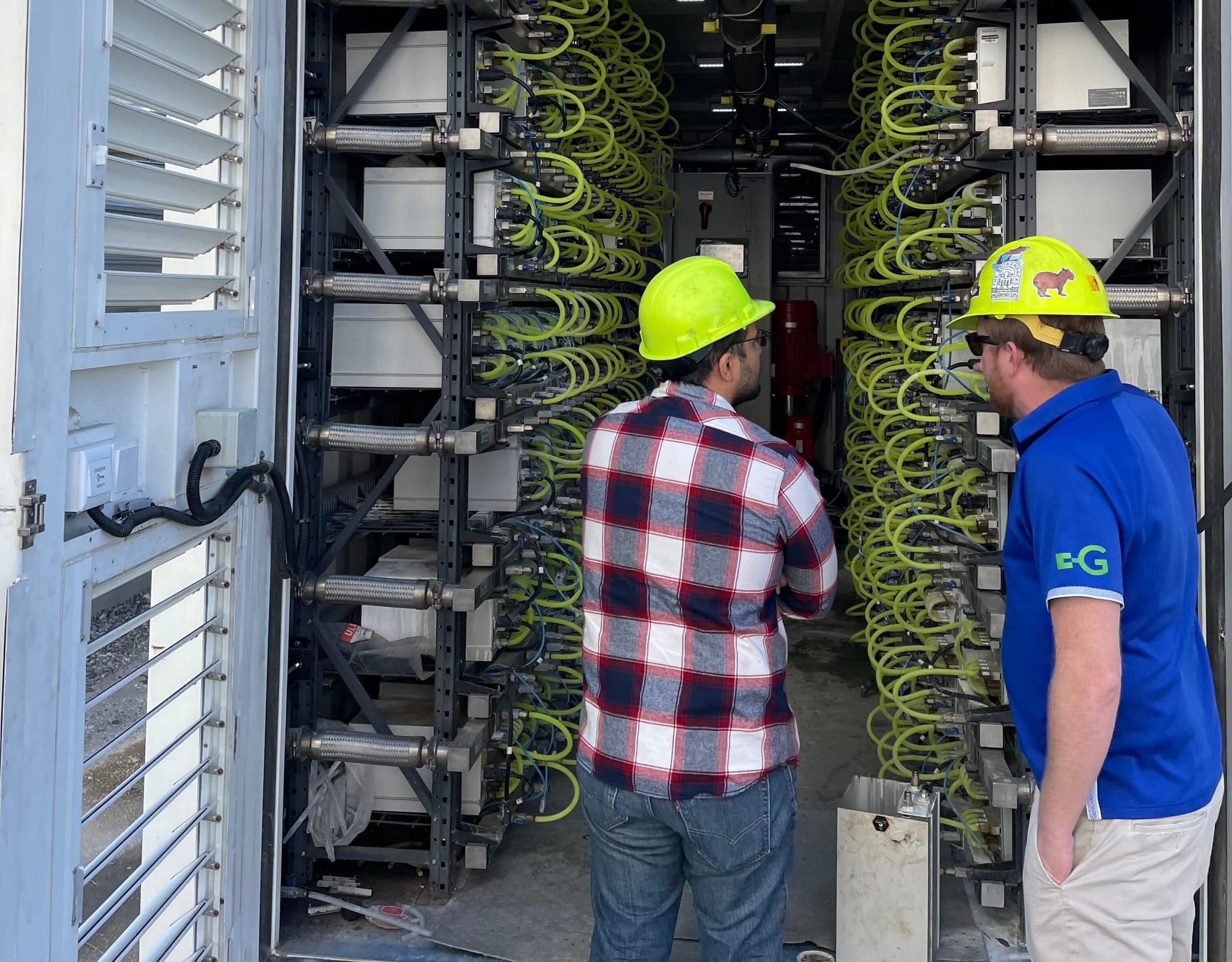Greenidge Generation Sells Mississippi Bitcoin Mining Facility Amid Trump Tariffs

Greenidge Generation, a Bitcoin mining company headquartered in Connecticut, has announced the sale of its Columbus, Mississippi facility just one year after it began operations. The decision comes as the company grapples with financial difficulties and navigates a tough landscape for U.S. Bitcoin miners. According to a recent filing with the Securities and Exchange Commission, Greenidge has agreed to sell the 6.4-acre site, along with certain contracts and Bitcoin mining equipment, to U.S. Digital Mining Mississippi, an affiliate of publicly traded rival LM Funding America, for approximately $3.9 million. The transaction is expected to close by September 16, pending standard conditions.
The sale excludes Bitcoin mining machines currently hosted at the Mississippi facility and a nearby 73,000-square-foot warehouse, which Greenidge may sell separately. The company launched operations at the site in July 2024, deploying 2,400 miners from its existing fleet with plans to scale capacity. Initially, Greenidge had access to 8.5 megawatts of power at the facility and aimed to add another 25 megawatts within a year. However, financial pressures and a challenging market environment have prompted the company to offload the site as part of its broader strategy to optimize its portfolio.
Stay In The Loop and Never Miss Important Bitcoin News
Sign up and be the first to know when we publishChallenges Mount for U.S. Bitcoin Miners
Greenidge’s decision to sell its Mississippi facility reflects broader struggles within the U.S. Bitcoin mining sector. The company has been burdened by debt from an aggressive expansion in 2021, which included significant investments in mining equipment. Despite efforts to streamline operations, Greenidge continues to face financial strain, exacerbated by weak mining economics following the Bitcoin halving. The hashprice, which measures the expected daily Bitcoin mining profitability and revenue a miner can earn, remains at historic lows, even with Bitcoin trading above $116,000.
Adding to the problems, import tariffs introduced by the Trump administration have made the U.S. one of the least competitive countries for importing Bitcoin mining equipment. Most mining rigs are manufactured in Southeast Asia, and the steep tariffs have disrupted supply chains, forcing U.S. miners to reconsider growth strategies. Many are now exploring overseas expansion or awaiting increased domestic production capacity to mitigate the impact of these tariffs. For Greenidge, these market dynamics have compounded existing financial challenges, prompting the sale of the Mississippi site.
Greenidge’s stock performance reflects its precarious position, with shares closing at $1.54 on Wednesday, up 0.7%, and maintaining a similar gain in pre-market trading on Thursday. Valued at approximately $24.3 million, Greenidge ranks among the top publicly listed Bitcoin miners by market value but remains significantly smaller than industry leader MARA, which boasts a $5.9 billion valuation. The company’s leadership, led by CEO Jordan Kovler, has emphasized a strategic approach to property development and divestiture, aiming to align its portfolio with long-term value creation.
The sale of the Mississippi facility highlights the broader difficulties facing U.S. Bitcoin miners as they navigate a post-halving market and new economic policies under the Trump admin. For Greenidge, offloading assets may provide short-term financial relief, but the company’s ability to adapt to a rapidly changing industry will be critical to its future. As U.S. Bitcoin miners brace for slower growth and explore new opportunities abroad, the sector faces an uncertain path forward.

